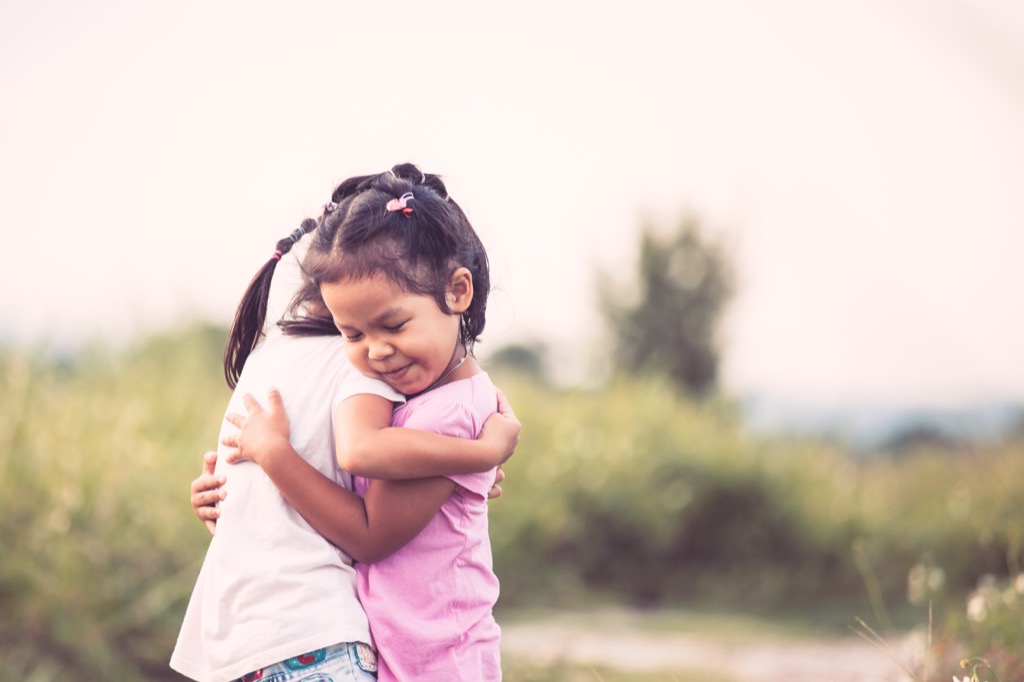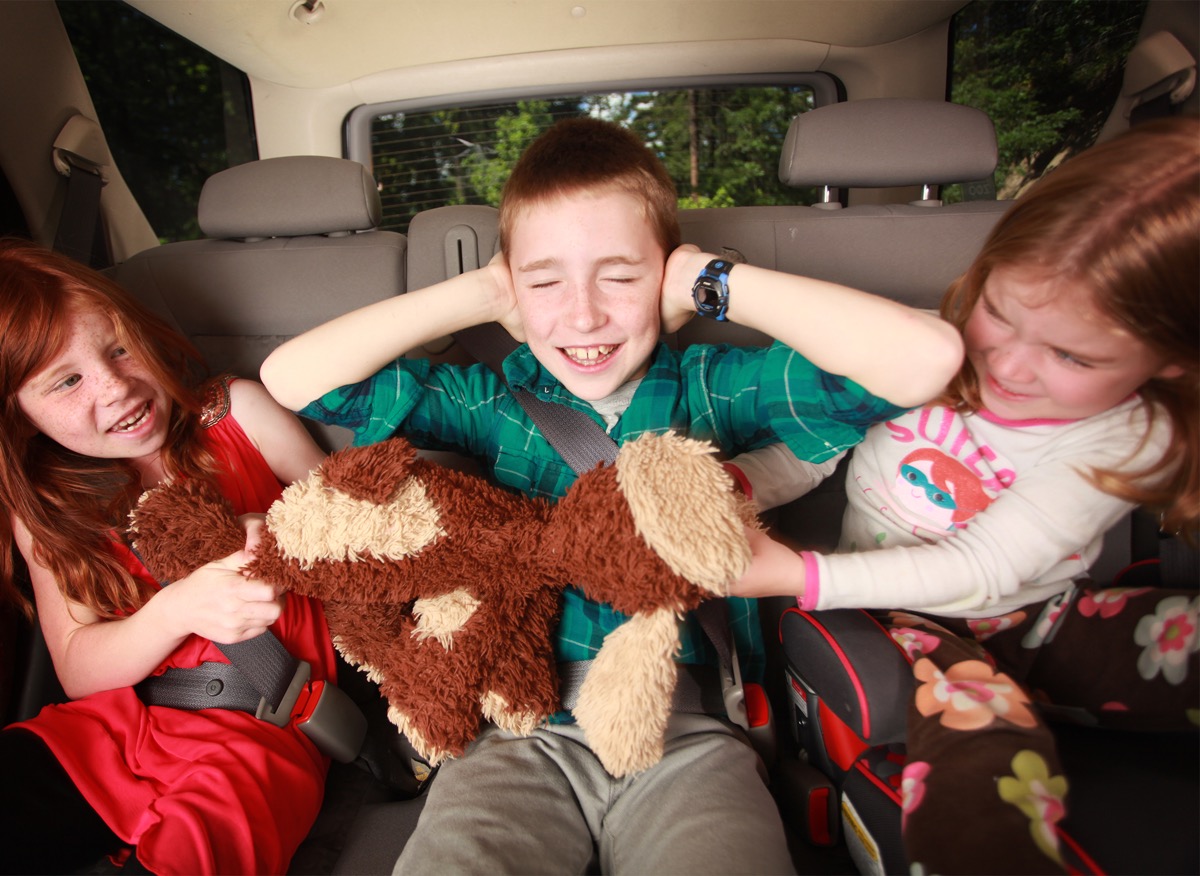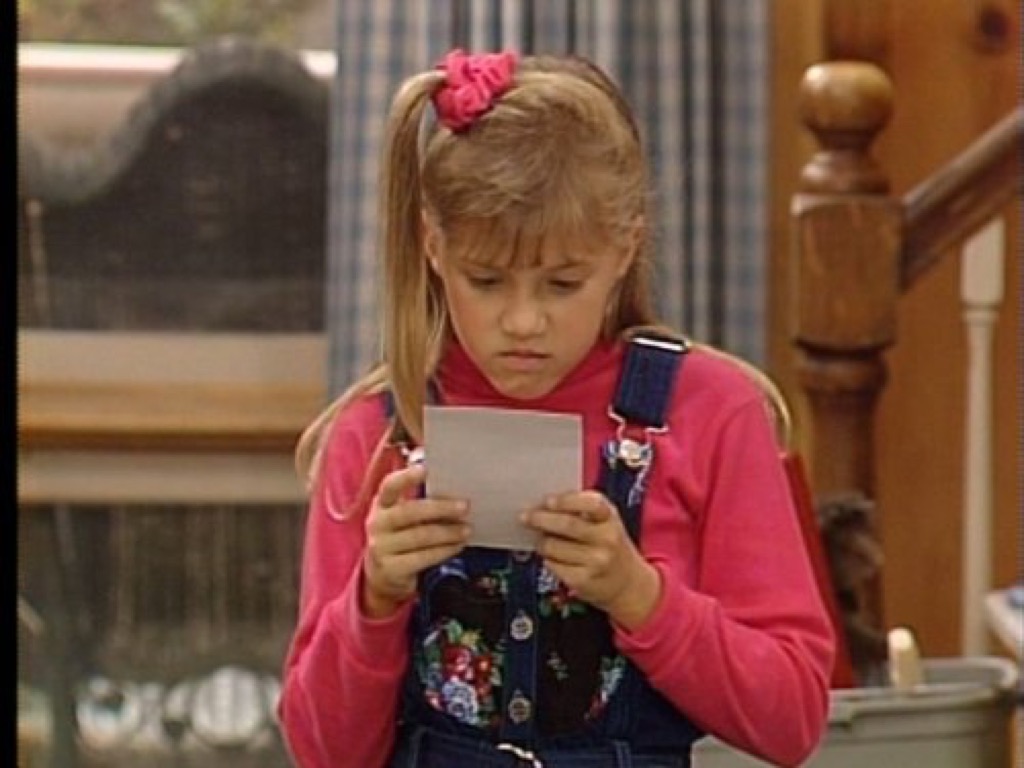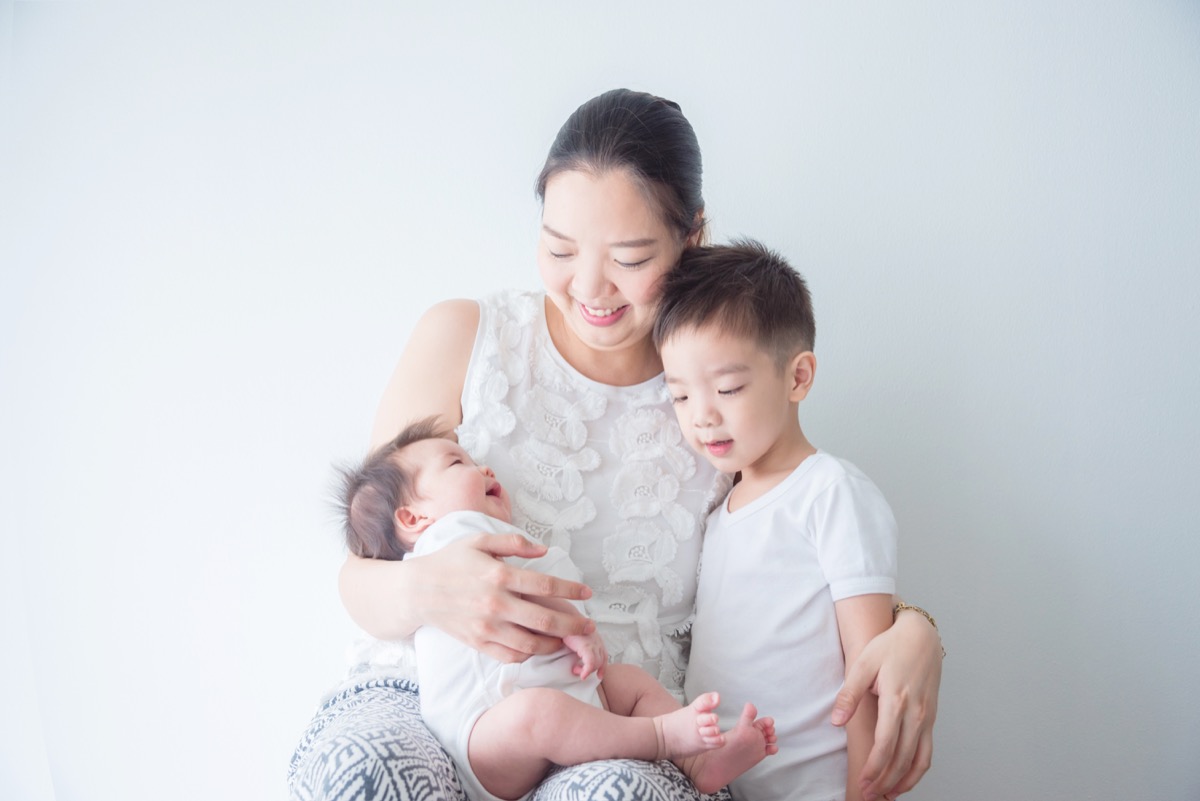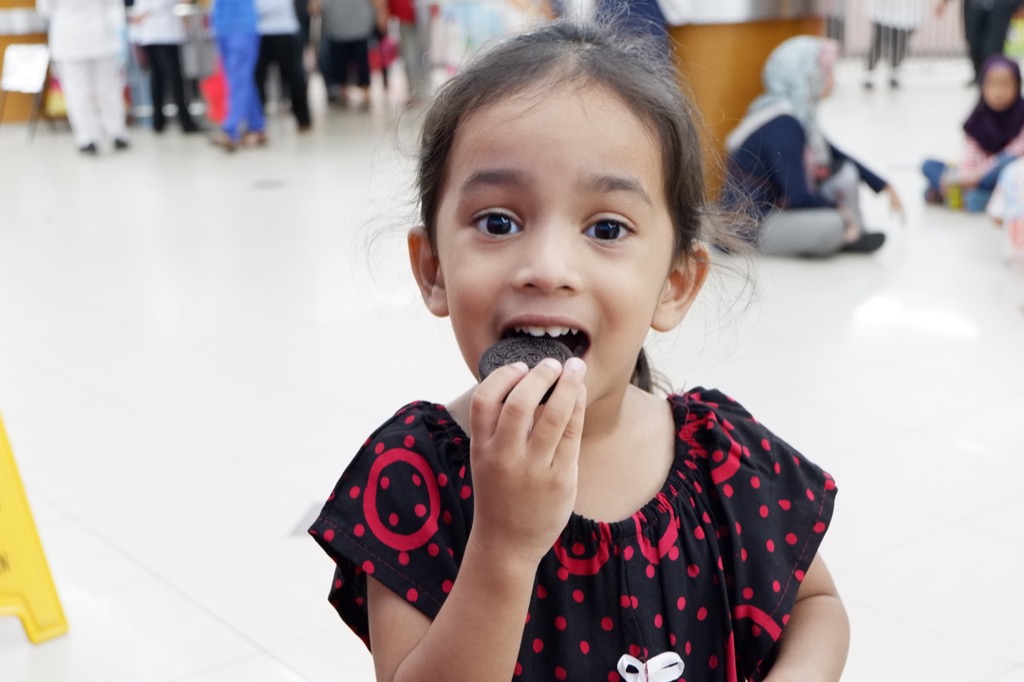17 Things You Only Know if You’re a Middle Child
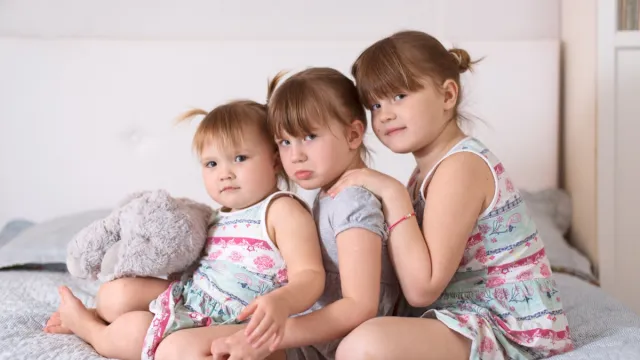
When it comes to birth order, middle children are hardly the ones, well, on top. While the oldest child takes on the leader role and the youngest is the coddled baby of the group, the middle child is typically relegated to the back of the pack. However, there are still plenty of perks that come with being smack dab in the middle. So, in honor of Middle Child Day on August 12, we’re rounding up all the things only a middle child would know.
1
You’re more emotionally stable.
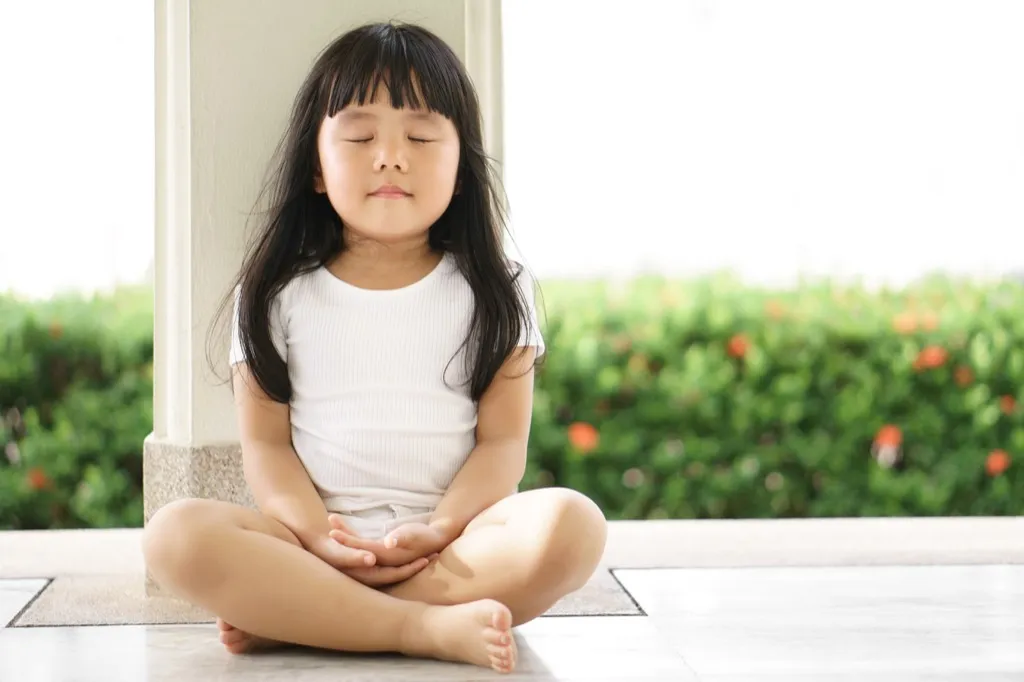
Being the middle child comes with a lot of stereotypical skills such as patience, negotiation, and mediation. But did you know that birth order might play a part in mental health as well? According to a 2013 study published in the Social Psychiatry journal, being the middle child makes you less likely to develop emotional disorders and ADHD.
2
You’re naturally destined for great things.
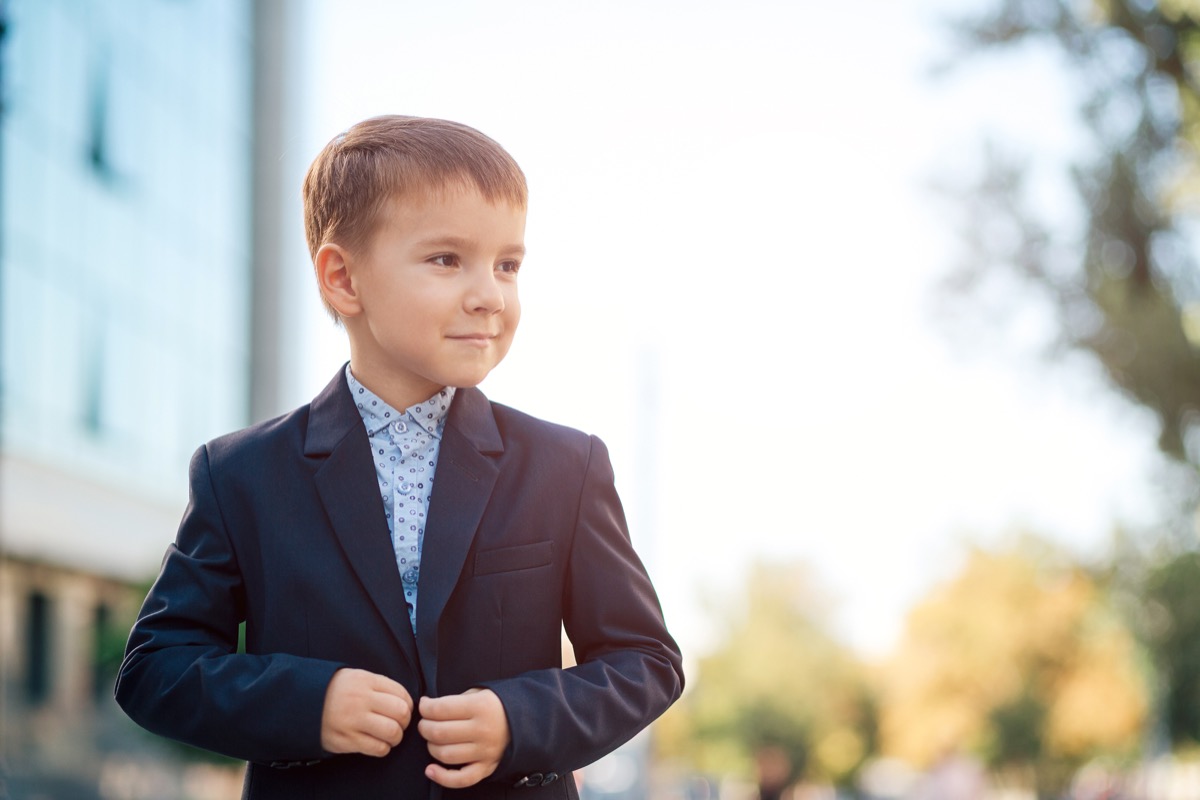
If you’re a middle child, you likely have some big things comings your way. It’s true! According to research by Katrin Schumann, author of The Secret Power of Middle Children—52 percent of American presidents are actually middle children. Abraham Lincoln, Theodore Roosevelt, John F. Kennedy? All middle children.
3
You’re loyal.
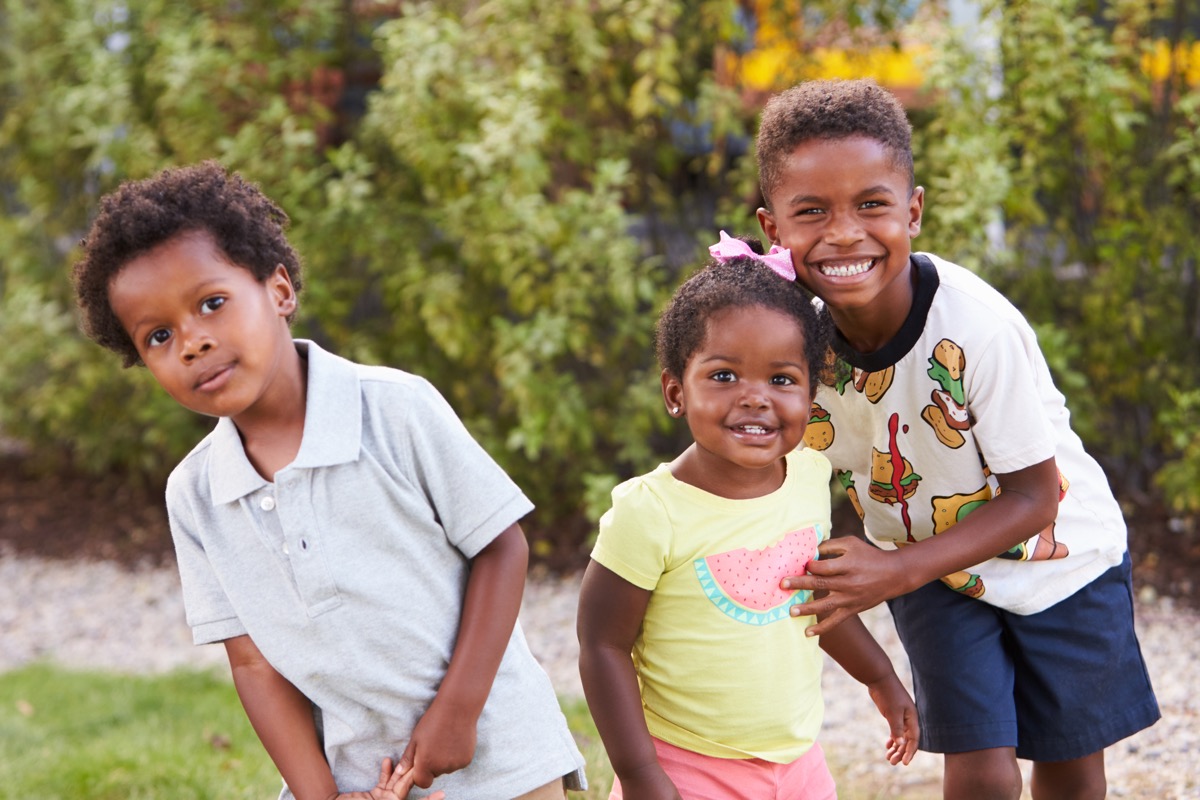
If you’re dating or married to a middle child, you should be pretty secure in your relationship. In her 2003 study on birth order and relationships, researcher Catherine Salmon found that 80 percent of middle-born children claimed they had never cheated on a partner, compared to only 65 percent of firstborns and 53 percent of last-borns.
4
You’re a leader, not a follower.

6
You rarely won a fight with your siblings.

Being a middle child, you rarely have anyone on your team when it comes to sibling fights. Your parents’ advice was always the same: Respect your older sibling, and be nice to your younger one.
Unfortunately, though, this lack of ever “winning” can have detrimental effects on a middle child. According to research from Northwestern University, second-born child—especially boys—are more likely to become troublemakers or act out in delinquent behavior than firstborns.
7
But you got away with more.
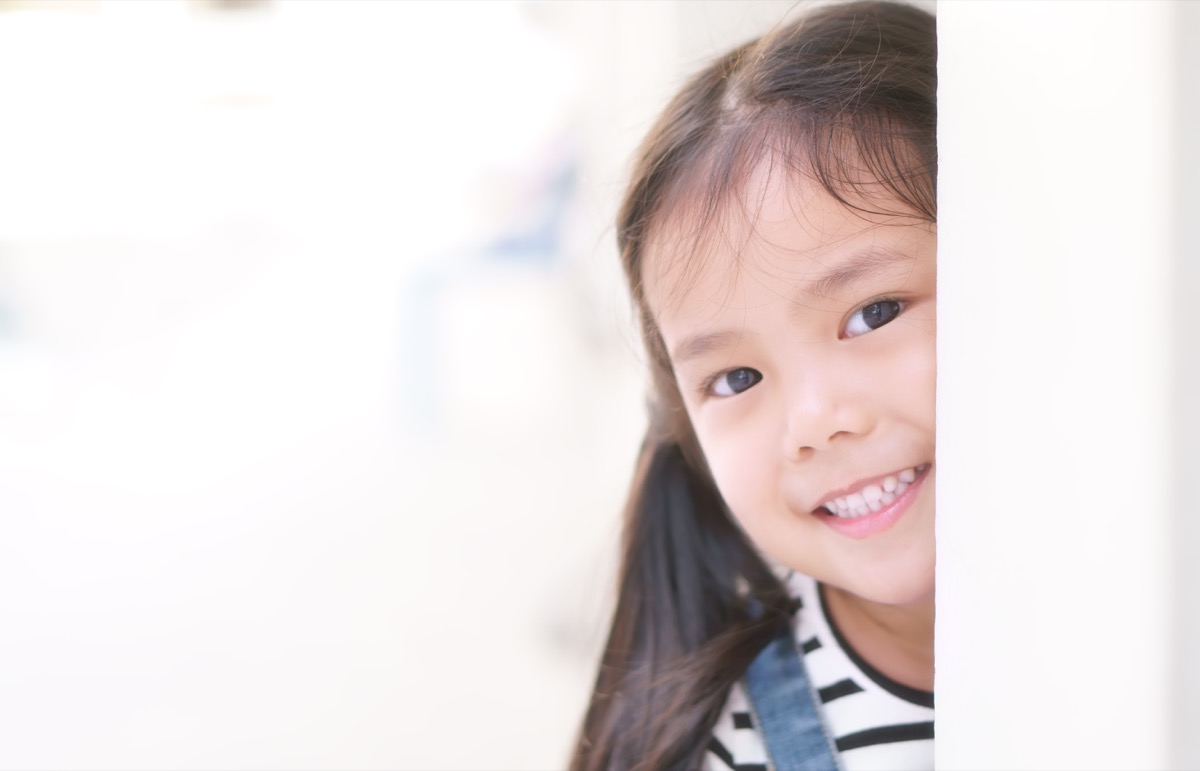
Though as a child you never really won a fight and sometimes even felt invisible, the upside to this was that you could often get away with more.
“As the middle child, my parents have always been too busy wondering what my little brother was getting into and too focused on keeping my older brother out of trouble,” blogger Sebastien Gaudin told HuffPost. “Just by default, I was the one given a tad more freedom.”
8
You were always mistaken for your younger and older siblings.
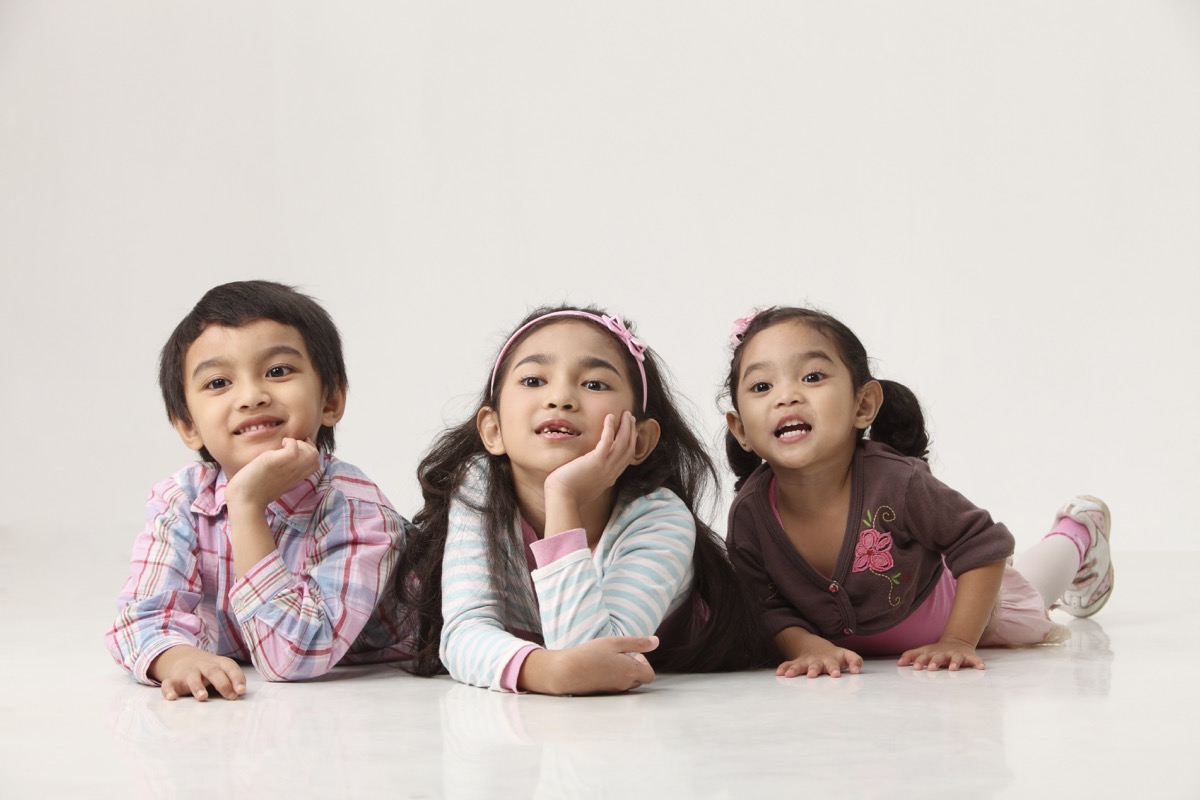
Even if you looked nothing like either of your siblings, as a child, you still managed to be referred to as both. Teachers would mistake you for the older one and family friends would confuse you for the baby of the group. And unfortunately, this seemingly harmless mixup can actually lead to the lack of identity and feelings of inadequacy that are often referred to as “middle child syndrome.”
9
Your parents awkwardly introduced you.

No introduction is quite as awkward as the one given for the middle child. After all, your parents can introduce your other siblings simply by saying “this is my oldest” and “this is my youngest,” but what can they say for you? You’re just… the middle one. Sadly, that just doesn’t quite have the same ring to it.
10
You always had to share a room.
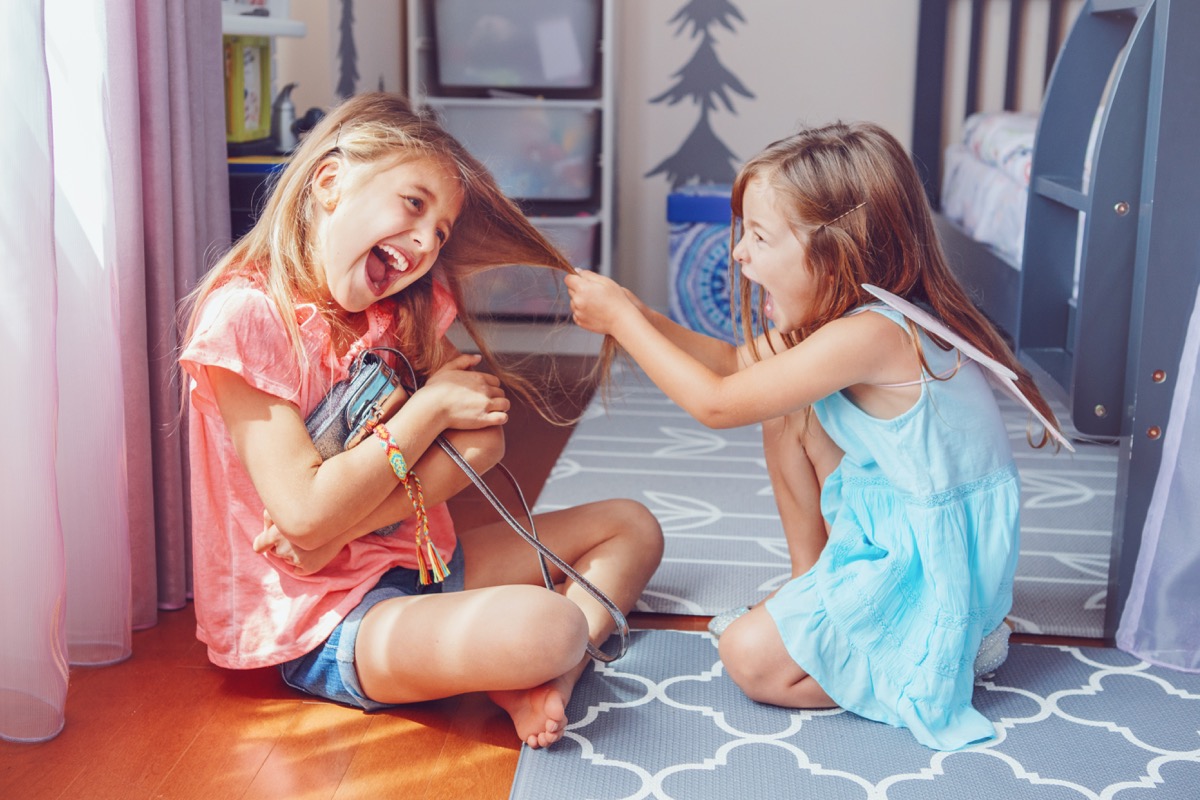
If you’re the middle child, then you’re probably used to no room actually being your own. Before your younger sibling came around, you were typically relegated to rooming with your older sibling. And once they were deemed “too old” to be sharing a room, you were then bunked up with your younger sibling.
11
You loved it when your older sibling was gone.

It was always a good day when your older sibling wasn’t around because that meant there was a new sheriff in town: you. As much as you’d never admit to wanting to be the oldest sibling, it was nice to play pretend for a day or so. And, unfortunately for your younger sibling, you never took that job lightly when you got the chance.
12
You learned to stand out.

Seeing as you were given the short end of the stick when it comes to birth order, you had to be quick to learn how to make a name for yourself. As Richard Cash wrote in an op-ed for Free Spirit Publishing, middle children often turn to becoming the “class clown” in order to stand out.
“Some clowns just want to be seen! As a middle child myself, I was always doing things just to be seen and heard,” he wrote. “That is one of the biggest reasons I went into theater: I wanted to be on stage. The attention seeker will do funny things to get recognition or stand out from the crowd.”
13
You tend to lean more creative.
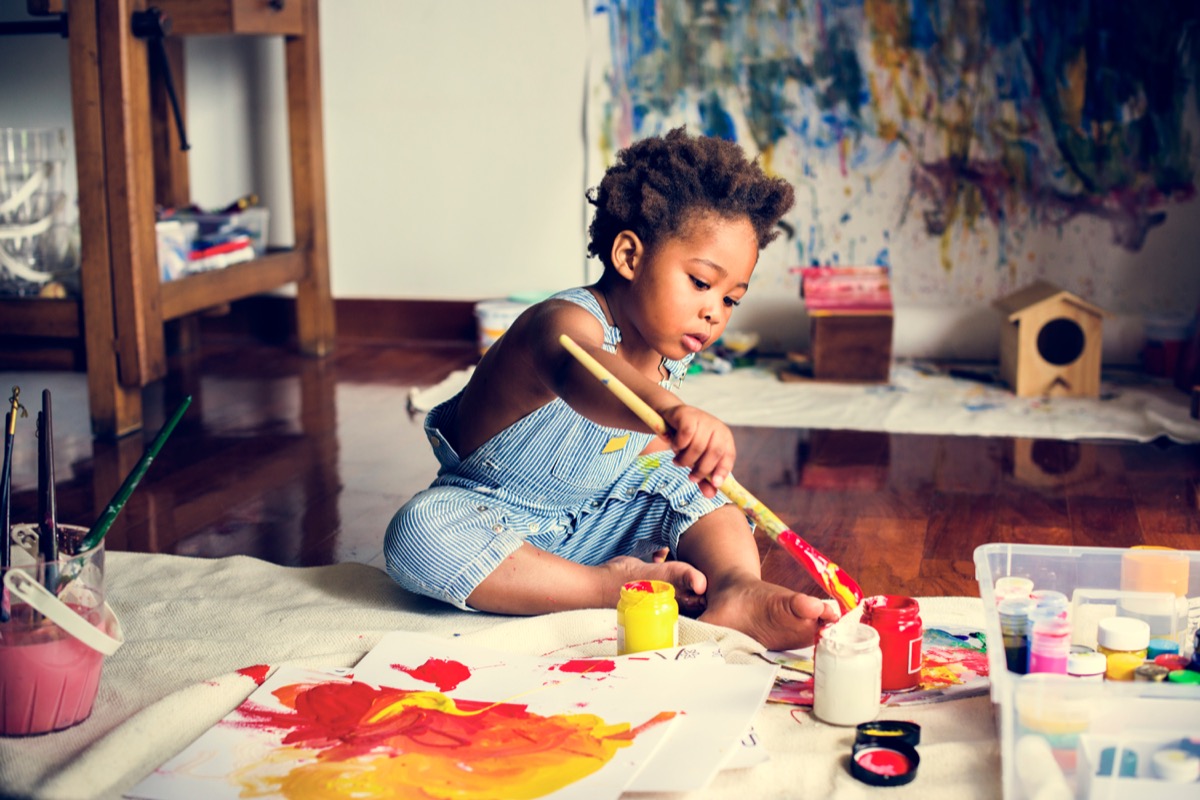
Whether it’s acting like Cash or writing like Charlotte Brontë, middle children are also more likely to become successful creatives.
“Far from being doomed to failure and loneliness, middle children are more likely than their siblings to be successful and enjoy strong social lives and flourishing careers,” Schumann wrote for The Daily Mail. “The apparent disadvantages they endure in childhood turn out to be beneficial, in many cases giving them the attributes of empathy, independence, articulacy, and creativity.”
